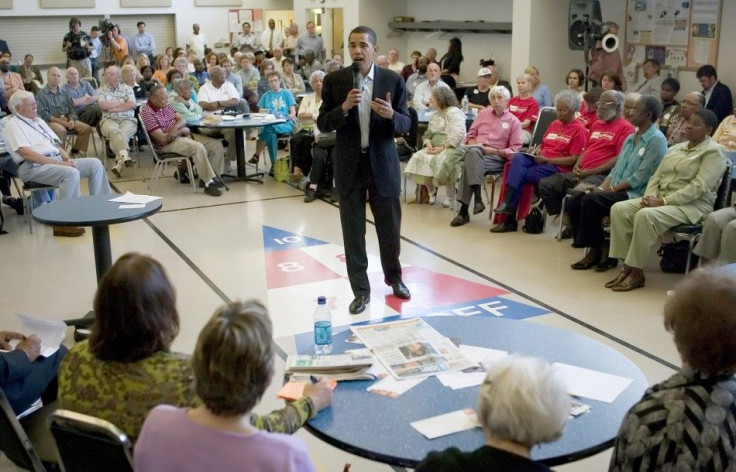AARP Launches Ad Campaign to Fight Social Security, Medicare Cuts

The American Association of Retired Persons (AARP) is striking back to protect the benefits seniors have earned through a lifetime of hard work.
The AARP will spend millions of dollars to launch a television ad campaign, which will feature both both national and local ads.
You can click here to view a sample ad.
According to the AARP, The President and Congress are considering cuts to Medicare benefits, which would shift thousands of dollars in additional health care costs onto seniors. Proposals could include raising co-pays on things like home health care and raising premiums and cost-sharing for some beneficiaries.
AARP argues that instead of making harmful cuts to Social Security and Medicare, Congress should cut down on wasteful spending and close tax loopholes.
Political/Public Policy Analysis: The bad news is that changes to both Medicare and Social Security are likely. The good news is that most Social Security changes are not likely to affect current beneficiaries, just future retirees. Mostly likely, Social Security's retirement age will be raised again.
Regarding Medicare changes, costs per patient should decline, and should reamin relatively the same, for most citizens, provided the U.S. Health Care Reform Act remains the law of land. That's because the U.S.'s new health care system, through a host of cost-cutting measures - from computerized records to greater bargaining power for the U.S. Government vs. medical service suppliers, will result in lower per person costs.
© Copyright IBTimes 2025. All rights reserved.





















